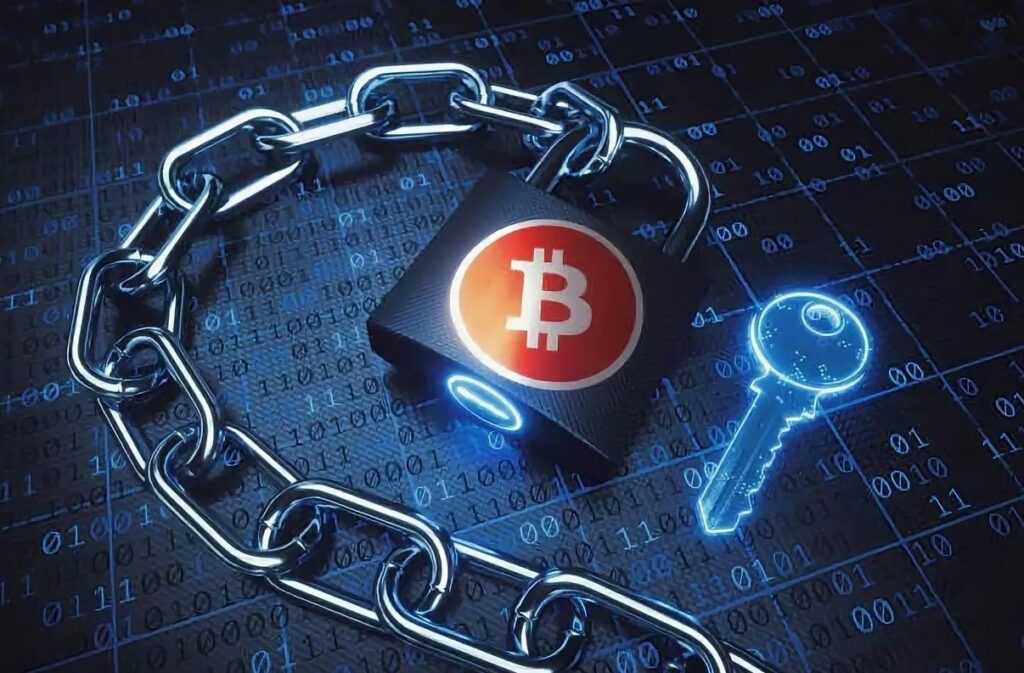Blockchain and Cybersecurity: Can Distributed Ledger Technology Bolster Data Protection?
In today’s digital age, data is the most valuable commodity. However, this has also made it a prime target for cybercriminals. With the increasing frequency and complexity of cyber-attacks, conventional security measures often need to be revised. According to Gartner blockchain technology produces a structure of data with inherent security qualities. It’s based on principles of cryptography, decentralization, and consensus, which ensure trust in transactions.
In most blockchains or distributed ledger technologies (DLT), the data is structured into blocks, and each block contains a transaction or bundle of transactions. In this context, blockchain technology emerges as a profitable solution that has the potential to revolutionize cybersecurity and enhance data protection. This blog explores how blockchain, a decentralized and immutable ledger, can bolster data security and protect against cyber threats.
Understanding Blockchain Technology
Blockchain is a circulated catalog technology that operates decentralized, eliminating the need for a central authority. It comprises a chain of interconnected blocks containing a set of transactions. Once data is added to a partnership, it becomes immutable, making altering or tampering with previously recorded information nearly impossible. The consensus mechanism in blockchain ensures that transactions are validated and added to the chain only when agreed upon by most participants.

Enhancing Data Integrity and Immutability
One primary feature that makes blockchain attractive for cybersecurity is its immutability. Once data is recorded on a blockchain, it becomes resistant to alteration or deletion. This characteristic ensures data integrity, making it an ideal solution for critical storage and sensitive transactions. By utilizing blockchain, organizations can protect data from unauthorized modifications, reducing the risk of cyber-attacks that aim to tamper with information.
Decentralization and Resilience
The decentralized nature of blockchain technology is another crucial aspect that reinforces data protection. Unlike traditional centralized systems, where a single point of failure can lead to catastrophic data breaches, blockchain operates on a network of nodes distributed globally. This distributed approach makes it highly resilient to attacks. Even if a few nodes are compromised, most of the network remains secure, reducing the potential impact of cyber intrusions.
Protecting against Data Breaches
Data breaches have become a significant concern for organizations worldwide. The disclosure of sensitive data can lead to severe consequences, such as financial losses, reputation damage, and legal liabilities. With blockchain’s robust security measures, data breaches can be mitigated. Since blockchain relies on cryptographic techniques and consensus algorithms, unauthorized access to sensitive data becomes exceedingly challenging. Additionally, blockchain’s transparency allows for rapid detection of any suspicious activities on the network.
Identity Management and Authentication
Blockchain technology can also revolutionize identity management and authentication systems. Traditional authentication techniques, such as usernames and passwords, are vulnerable to hacking and social engineering attacks. Blockchain-based identity solutions employ cryptographic keys to grant access and verify identities. These keys are stored on the blockchain and controlled by the users, reducing the risk of unauthorized access and identity theft.
Smart Contracts for Secure Transactions
Intelligent agreements are self-executing contracts with terms directly written into code. They automate and enforce the implementation of the accords without the need for intermediaries. Using blockchain’s security features, smart contracts ensure that transactions are tamper-proof, transparent, and irreversible. These contracts can be applied in various domains, such as supply chain administration, financial services, and healthcare, to streamline processes and reduce fraud risks.
Challenges and Limitations
While blockchain holds tremendous potential for bolstering data protection, it is essential to acknowledge its challenges and limitations. The technology is not entirely immune to attacks, and vulnerabilities in smart contracts and consensus mechanisms have been identified in the past. Additionally, the energy-intensive nature of blockchain networks has raised concerns about their environmental impact.
Wrapping up
Blockchain technology is a promising solution to enhance data protection and cybersecurity. Its decentralized and immutable nature ensures data integrity, while its transparency and resilience make it a potent defense against cyber threats. While challenges remain, ongoing research and development are continuously addressing these concerns.
As technology evolves, blockchain will likely play an increasingly vital role in safeguarding sensitive information in our interconnected world. Organizations must consider integrating blockchain into their cybersecurity strategies to bolster data protection and create a more secure digital landscape. Visit Auxin.io for more insightful blogs.






